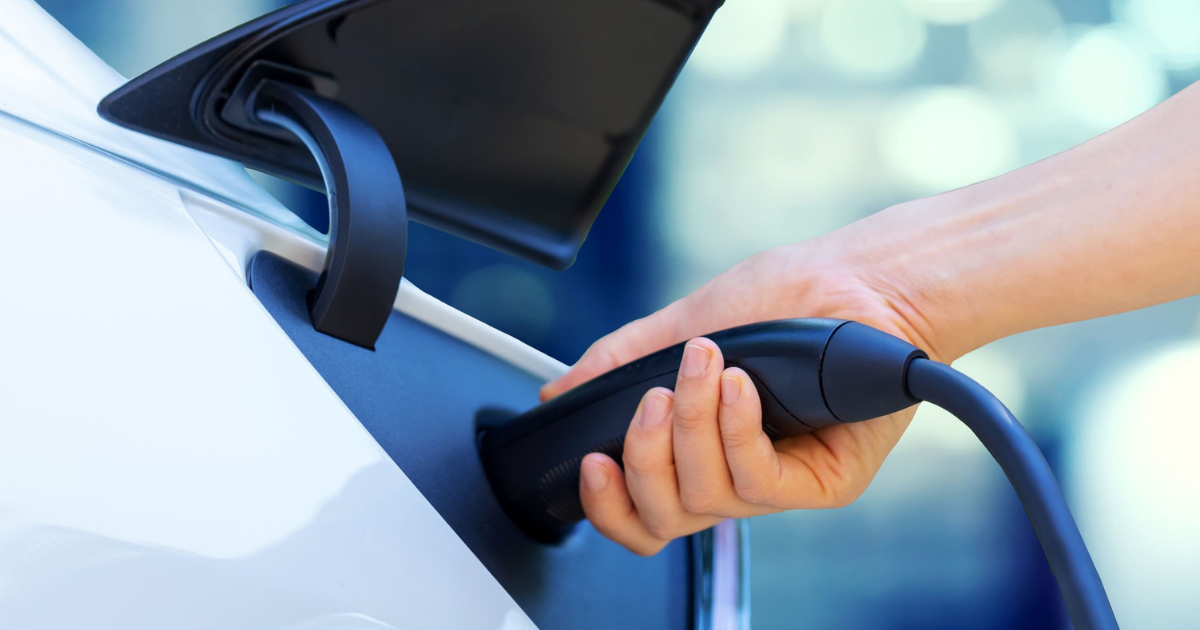
Some will pay, others won’t
A new report from the Victorian-based Grattan Institute has called for a government ban on internal combustion engine (ICE) vehicle sales by 2035 so Australia can reach zero net emissions by 2050.
The report – Towards net zero: Practical policies to reduce transport emissions – outlines numerous approaches to reaching the zero emissions target.
I welcome electric vehicles (EVs), hydrogen vehicles, and any measures that help lower pollution and create a cleaner world.
But I don’t agree with everything in the report.
One of the Grattan Institute’s recommendations is to introduce exemptions for stamp duty, import duty, and the Luxury Car Tax on electric vehicles, arguing that price is a barrier to higher uptake.
On principal, VACC believes Luxury Car Tax should be banned on any vehicle and while it’s true that EVs are currently more expensive to buy than equivalent ICE vehicles, it is up to the marketplace to settle on pricing.
When manufacturers lower the price of their vehicles, people will buy them. It’s as simple as that.
Artificially lowering the price of EVs through artificial cuts to duties will force owners of ICE vehicles will bear the burden of this new frontier.
It’s true EV sales are still very low, but all signs indicate that the uptake of electric vehicles is about to take off. That’s great.
But all of this might be moot anyway, with a growing list of manufacturers committing to cease manufacture of ICE by 2035.
As EVs become mass, the price will naturally fall as manufacturers reap the benefits of scale.
When this happens, Australian motorists will also enjoy the benefits of affordable motoring, along with the undeniable benefits that electric vehicles bring.
Words: VACC CEO, Geoff Gwilym. As featured in the Herald Sun 20 August 2021.
Share your thoughts! E: ceo@vacc.com.au